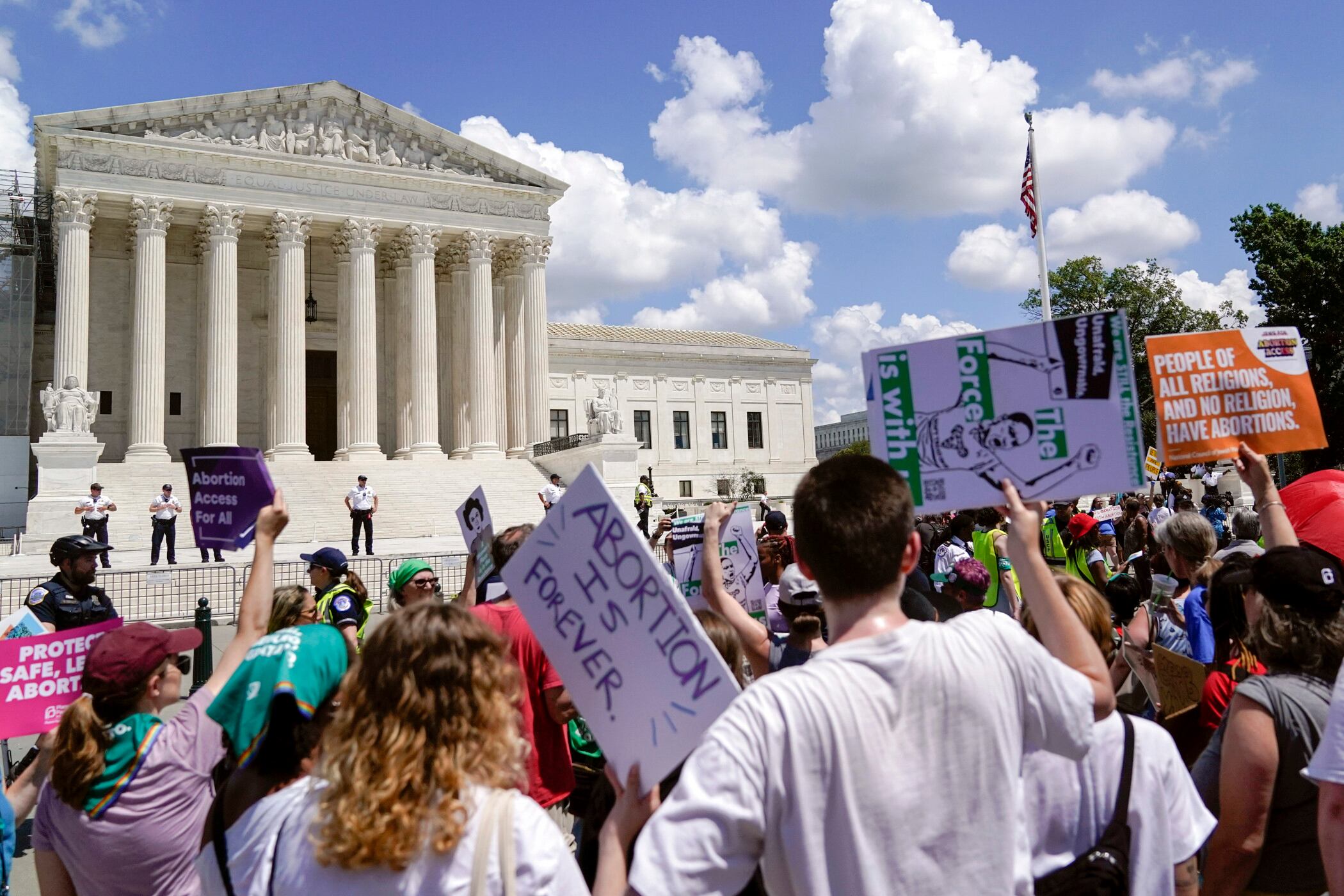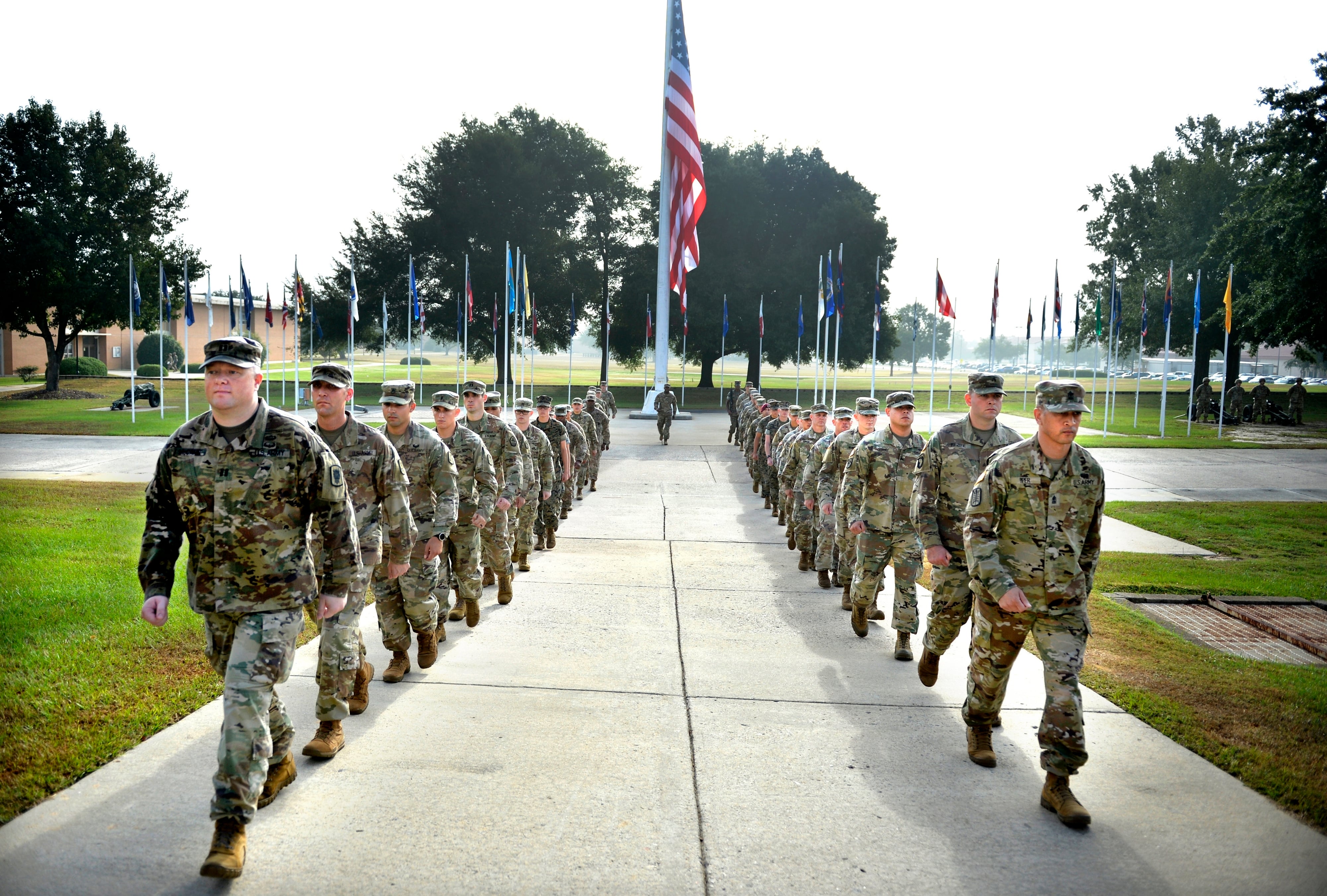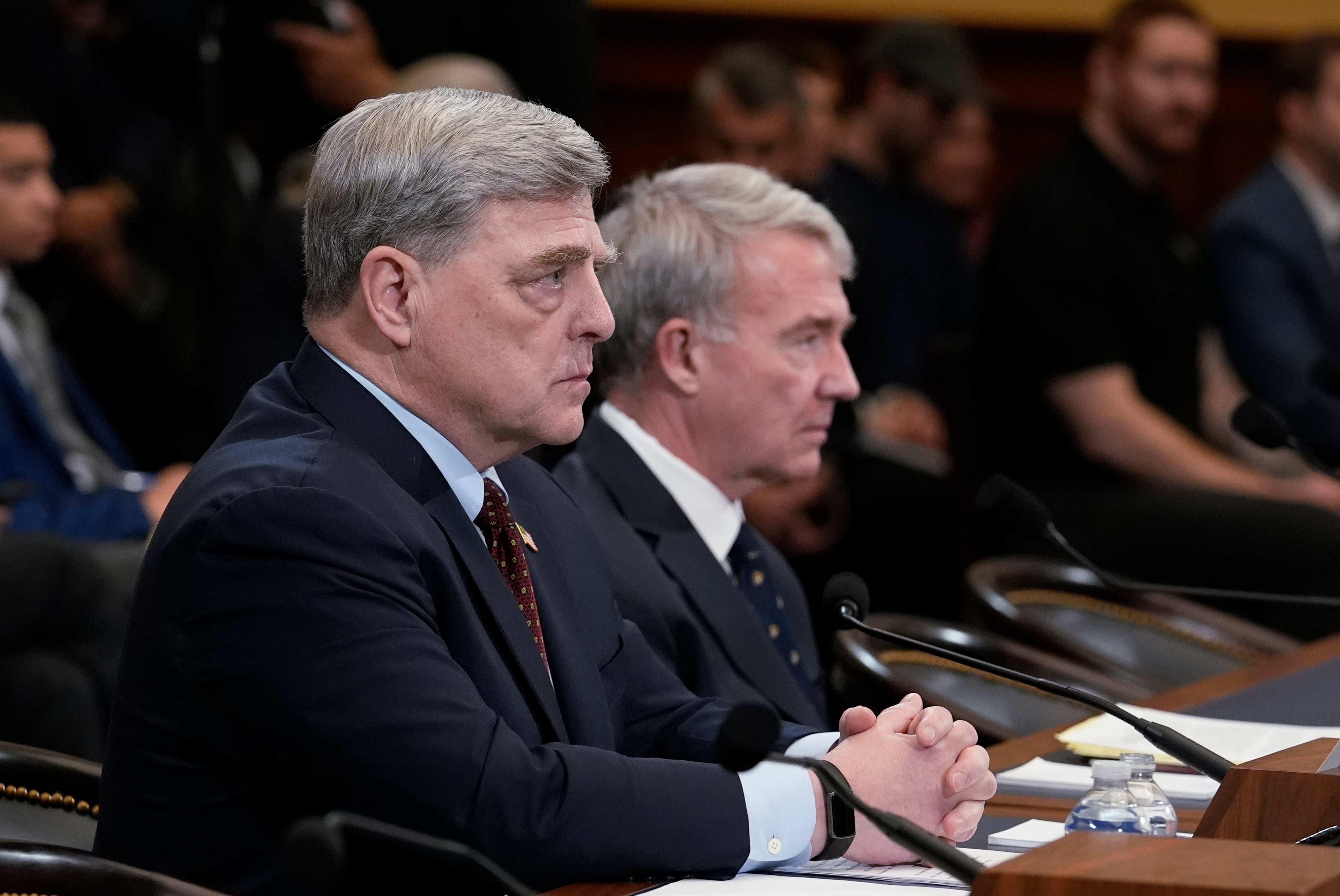A professional organization representing National Guard members has asked Congress to investigate the Defense Department’s alleged “slow rolling” of mandated reforms to special duty and incentive pays for part-time troops.
In a series of letters sent Feb. 5, the head of the National Guard Association of the U.S., retired Maj. Gen. Francis McGinn, claimed that the Pentagon is 16 months late in submitting plans for boosting such pay. The fiscal year 2022 defense policy bill required the Defense Department to study how it could provide equivalent special and incentive pays to part-time troops and send Congress a copy of their implementation plan.
The Pentagon submitted a report to Congress on the topic in the spring of 2023, but McGinn argued the department “did not comply with congressional intent and did not provide an implementation plan, as required.”
At issue are 18 entitlements such as aviator incentive pay, which distributes up to $1,000 per month to qualified active duty pilots, and jump pay, which pays $150 per month to active duty who jump at least once every three months.
Although part-time service members must satisfy the same eligibility requirements (and incur the same minimum risk, in the case of hazardous duty) to earn such pays, they do not receive the same amount of money. Reserve component paratroopers, for example, receive only $5 in jump pay for each drill period or annual training day they complete, despite still needing to jump as often as their active duty counterparts.
While the fiscal 2022 law explicitly directed the military to provide equal pays for equal skills or equal risks, the bill also said the pay tables won’t change until the defense secretary formally tells Congress that doing so won’t negatively impact recruiting and retention of active duty service members.
The Department of Defense acknowledged but did not respond to questions sent for this story. Pentagon officials told lawmakers in March 2023, though, that they fear increasing part-time special and incentive pays could lead troops to leave active duty for the Guard or Reserve.
But McGinn argued that fear misses the point.
“Long gone are the days where we could focus on one component over the other,” he said in the letter. “We must look for new ways to encourage, reward and retain military service across all components. We cannot afford to lose and of our skilled professionals just because the [Pentagon] is slow rolling the will of Congress.”
Davis Winkie, the author of this story, is a member of the National Guard Association of the United States.
Davis Winkie covers the Army for Military Times. He studied history at Vanderbilt and UNC-Chapel Hill, and served five years in the Army Guard. His investigations earned the Society of Professional Journalists' 2023 Sunshine Award and consecutive Military Reporters and Editors honors, among others. Davis was also a 2022 Livingston Awards finalist.





